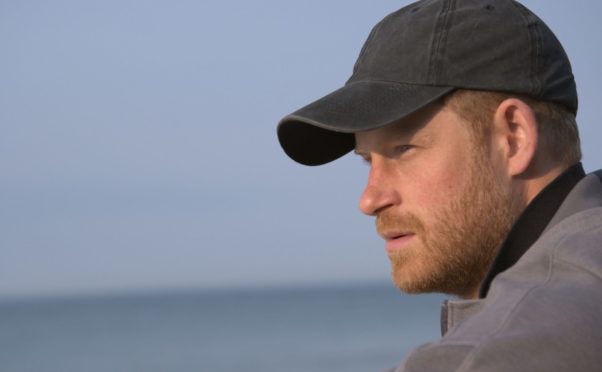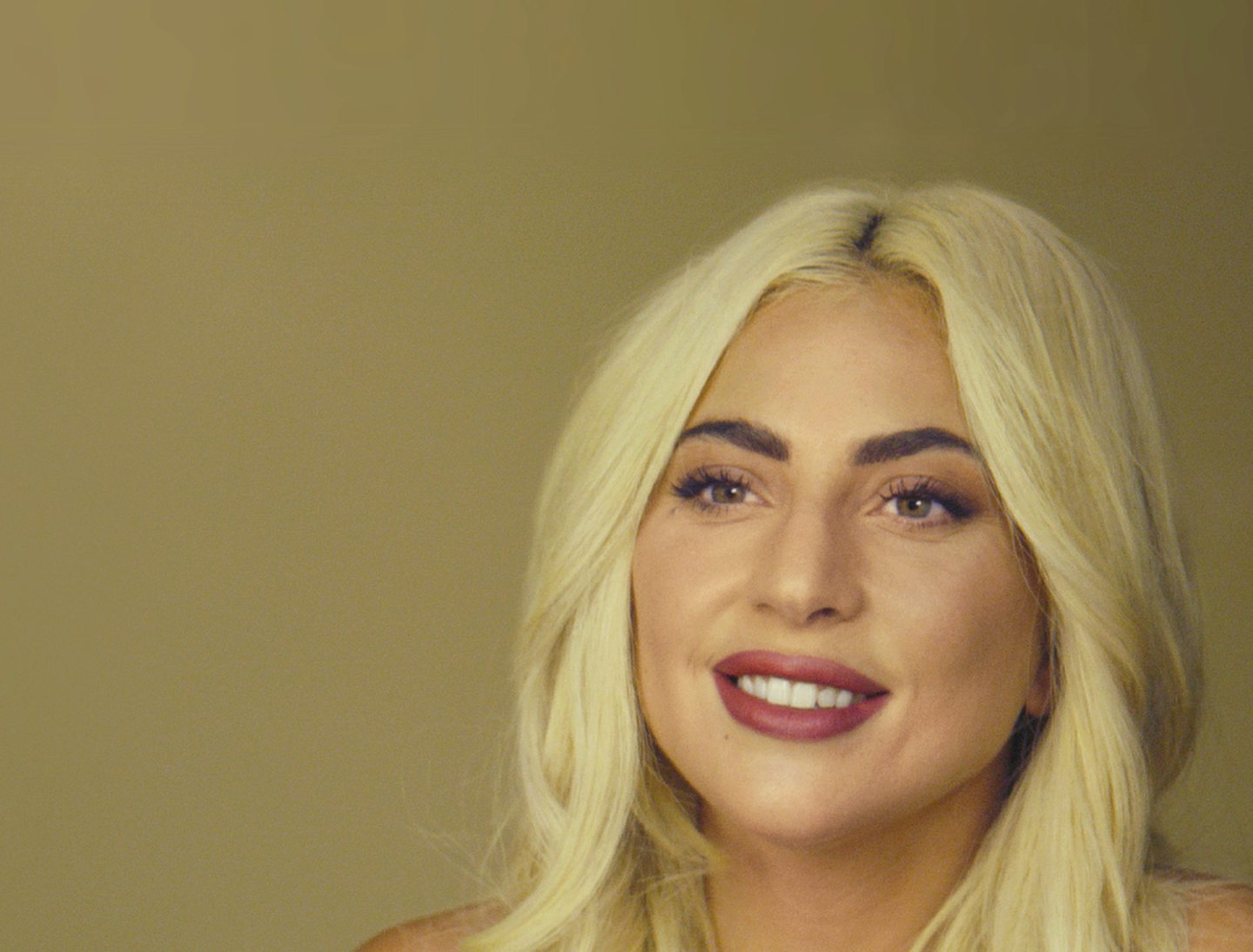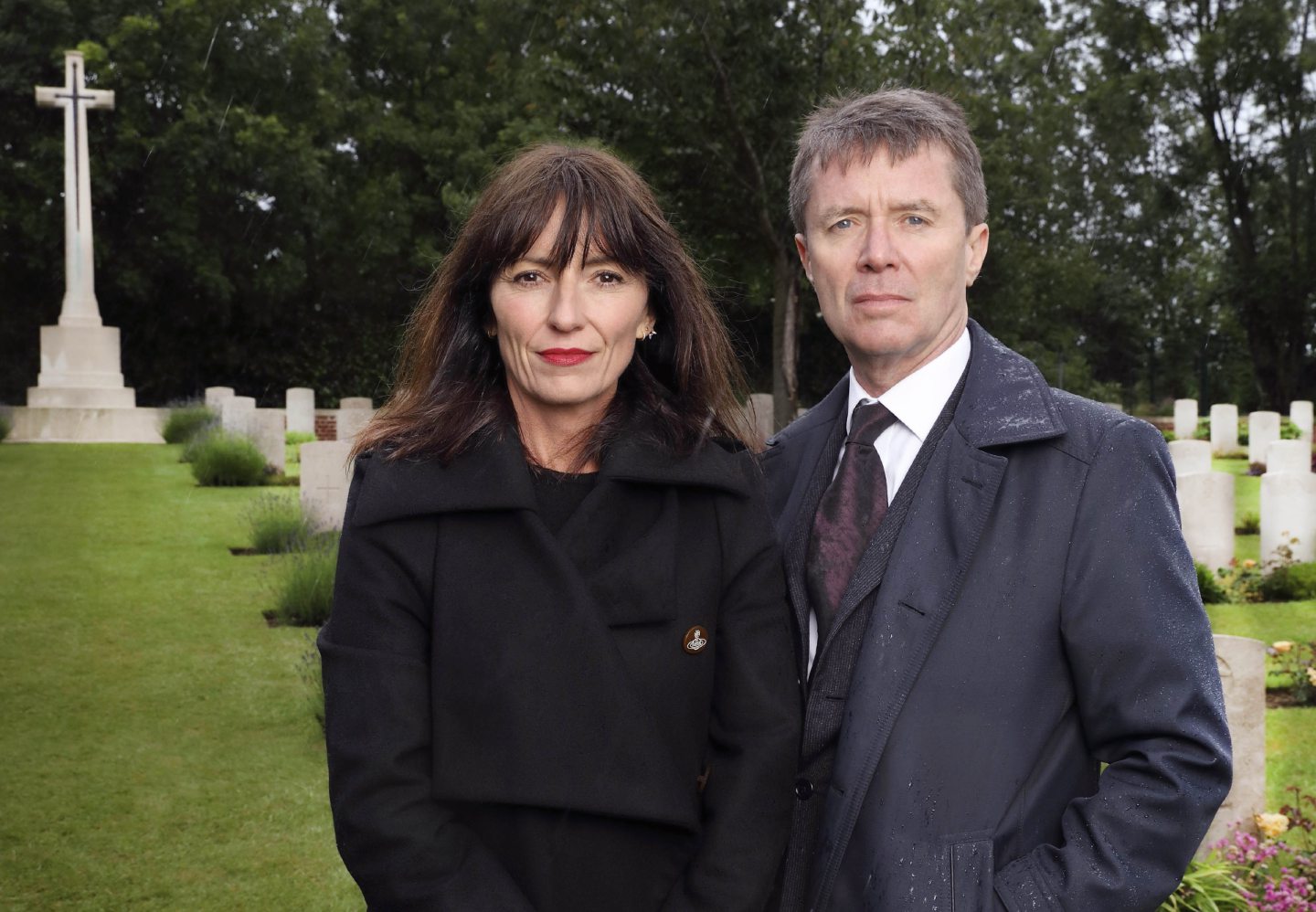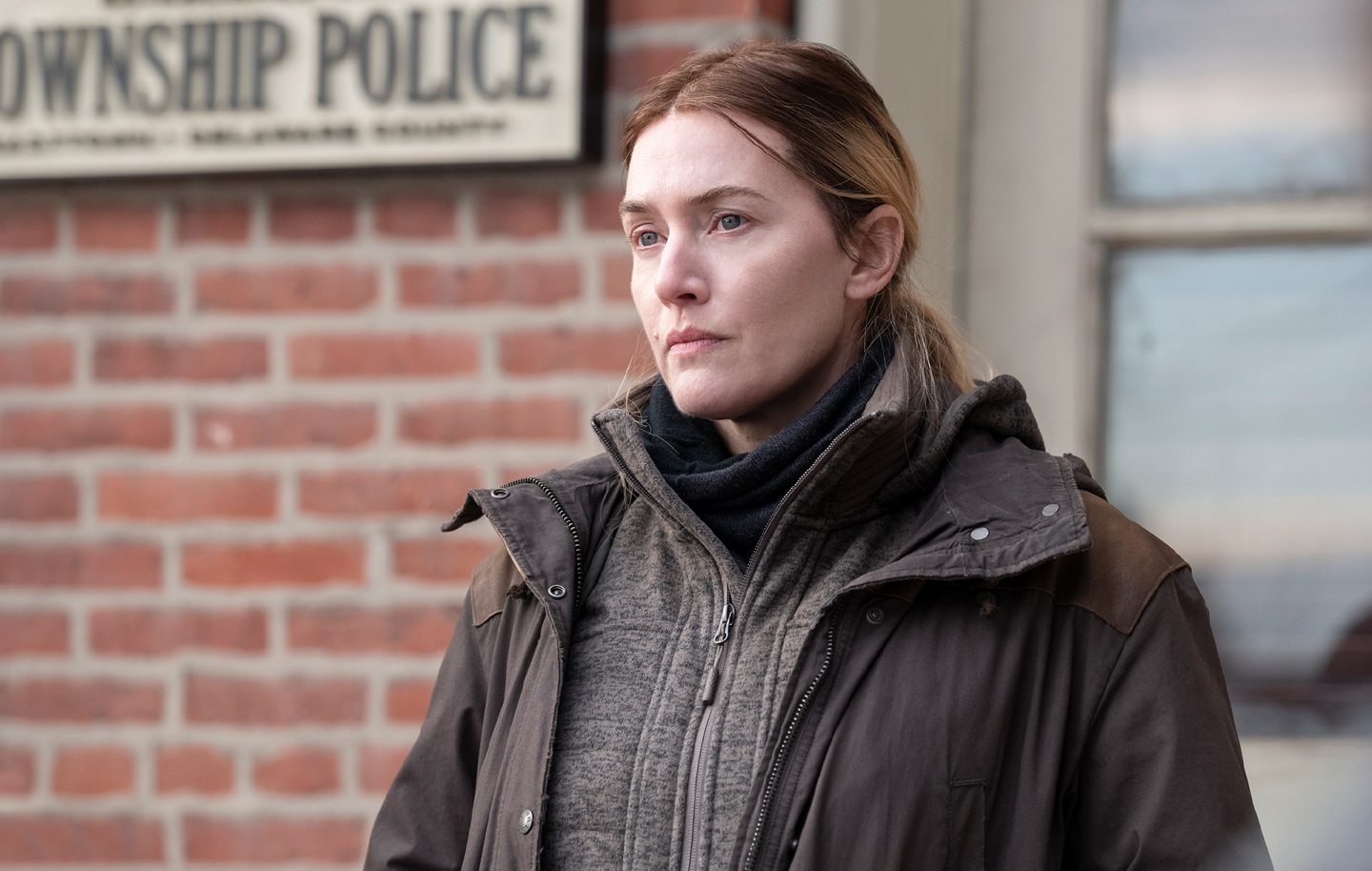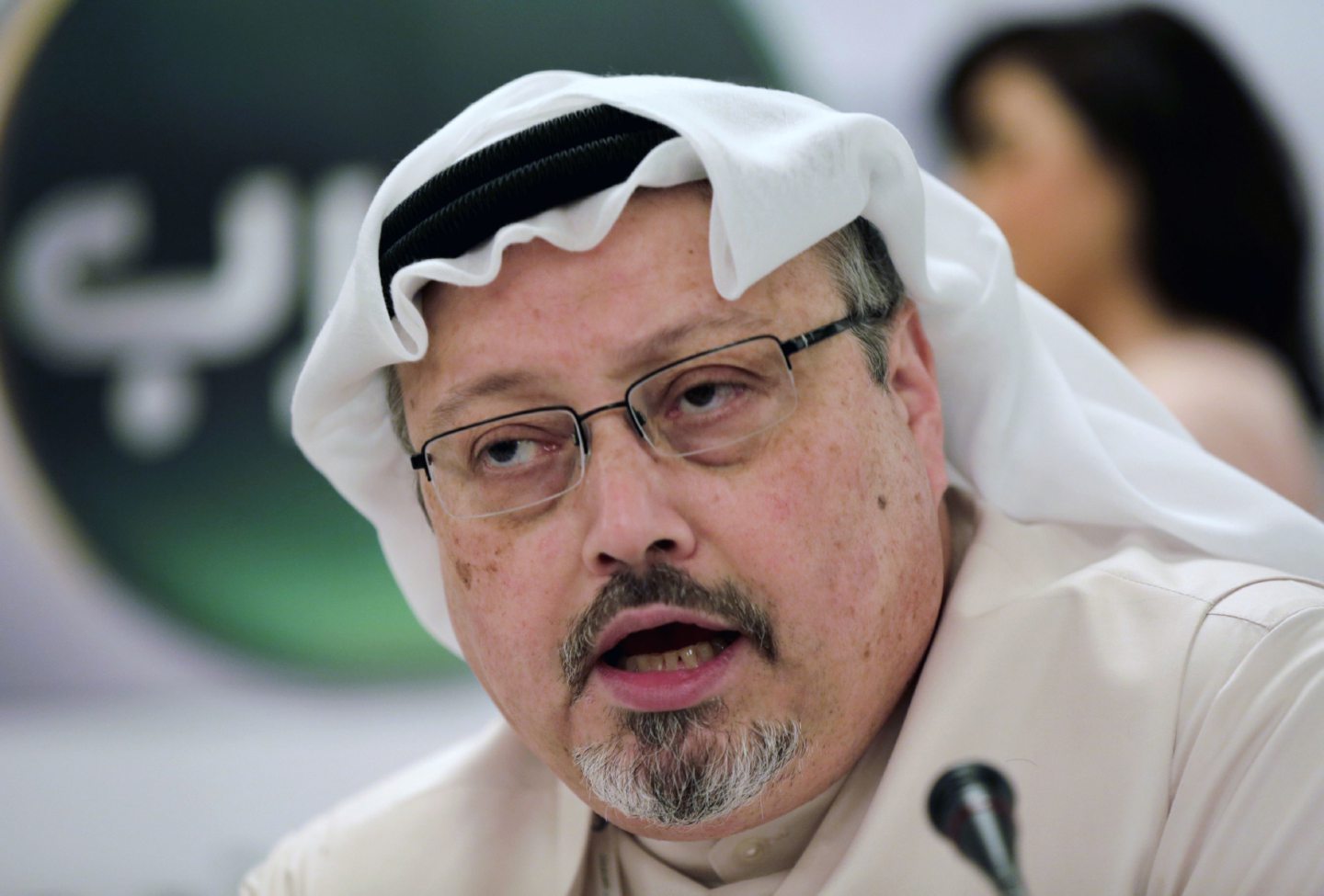Although no one would say their hearts aren’t in the right place, Prince Harry and Oprah Winfrey’s new series about mental health barely scratched the surface of the important topic.
The Me You Can’t See (Apple TV+) has been grabbing headlines because of Harry’s latest revelations about how the death of his mum, Princess Diana, and pressures of public life tormented him for years and led to a reliance on drink and drugs.
It was eye-opening and candid stuff, and his interview with Oprah is what the series hangs around.
Not everyone got the honour of being interviewed by Oprah and throughout the five episodes we also heard from other folk whose battles with with depression, anxiety and trauma were just as profound.
Some are famous (Lady Gaga opens up about being raped aged 19) but most are not, like the athlete with OCD or the woman whose Taiwanese mother didn’t understand depression or how it could be treated.
The show pulses with good intentions, but for a me, a Brit who naturally bristles at the very American (and very Oprah) concept of talking away your problems, this seemed to present a fairytale version of mental health, one in which catharsis and openness are all that’s required to overcome and conquer.
Tell that to the millions of people waiting to see specialists for their own mental health problems and who have only a fraction of the resources available to some of those folk featured in The Me You Can’t See.
I’m all for television that’s soothing and feelgood, but I wish that the complicated side of mental illness was addressed as well.
For all their good intentions, Oprah and Harry didn’t want to touch those things with a bargepole.
The Great British spin-off
Never let it be said that this generation of television producers aren’t a thrifty bunch.
Take the concept of Great British Bake Off, for example.
It’s be recycled and reused more times than I can remember, but they’re still finding fresh twists.
Hobbies like sewing, pottery, interior design, painting and even glass blowing have all been given the GBBO treatment, so a photography version feels a bit late to to the party.
But I must admit though, I rather enjoyed The Great British Photography Challenge (BBC4).
Acclaimed photographer Rankin is the Paul Hollywood of the show but he was clearly more at home in the role of inspiring leader rather than a finger-wagging judge.
Tears and reunions
The ITV 9pm slot each night this week should have been sponsored by Kleenex because the Long Lost Family specials about foundlings were emotional, to say the least.
Each episode dug into the cases of babies who had been abandoned in public places and invariably ended in a weepathon.
What really struck home was how remarkable DNA technology is these days.
Even a decade ago it would have been next to impossible to trace the parents of these little babies but now, thanks to the incredible advances in genetics, the foundlings can finally get the answers they’ve waited a lifetime for.
Mare the merrier
When Mare of Easttown started on Sky Atlantic, I thought it was decently made and watchable, but nothing exceptional.
All that changed last week with a twist-filled episode that climaxed in a nail-biting sequence that recalled the ending of The Silence of the Lambs.
This week’s installment couldn’t top that, but it was a salient reminder that you should never write off TV shows too soon.
Film of the week: The Dissident (Amazon Prime)
This gripping documentary about the shocking murder of Saudi journalist and activist Jamal Khashoggi should make all right-thinking viewers absolutely furious.
Khashoggi, if you remember, was the man who stepped into the Saudi embassy in Istanbul and was never seen again.
Behind closed doors he was overpowered, murdered and then dismembered by a Saudi team of assassins, who fled the country in a private jet hours after the killing.
The audio recordings of Khashoggi’s attackers casually cutting up his body will haunt your dreams.
Bryan Fogel’s powerful documentary plays more like a thriller in the way it pieces together the events surrounding the awful killing – and lays the blame squarely at the very top of the Saudi Arabian food chain.
